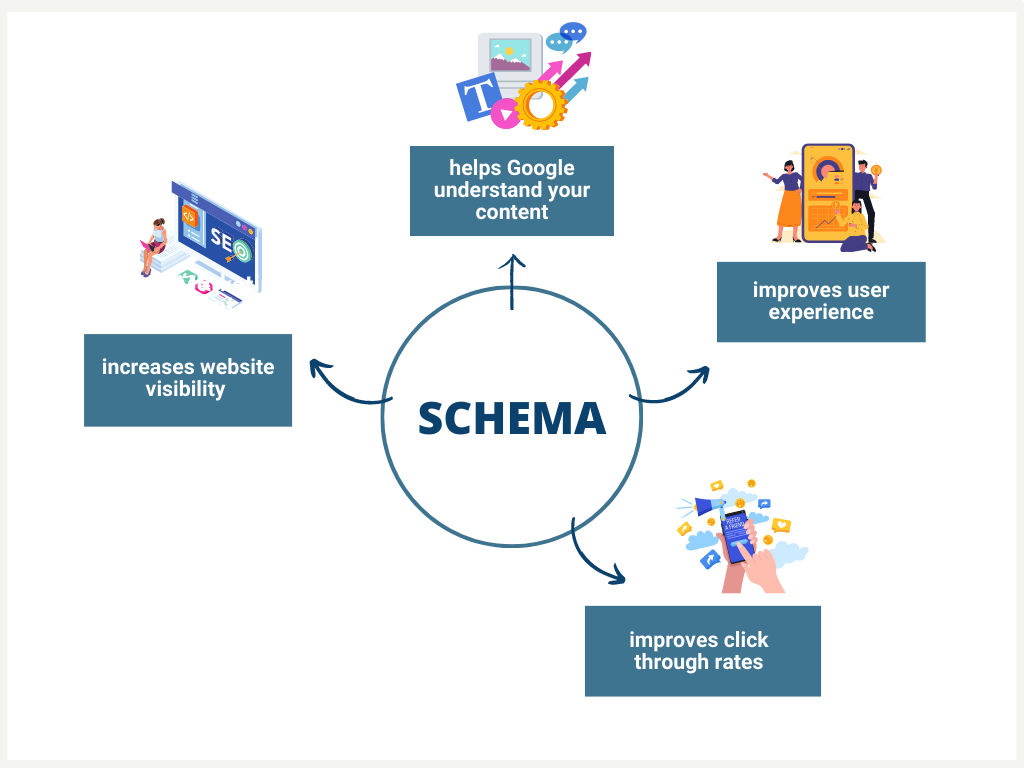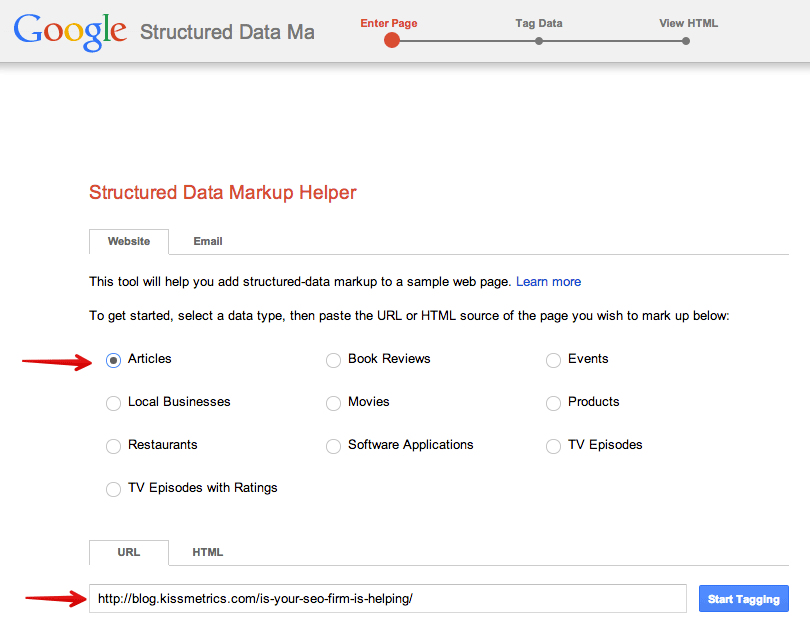What is schema markup?
Schema markup is a standardized code format that helps search engines better understand and interpret website content. It provides structured data that clearly defines various elements on your webpage, from articles and products to events and organizations, enabling search engines to display more informative and rich results in search listings.
Why is schema markup important?
Schema markup is crucial because it enhances your website's visibility in search results through rich snippets and improved search engine understanding. By implementing schema markup, you can help search engines better interpret your content, potentially leading to higher click-through rates, better search rankings, and more relevant traffic to your website.
What types of schema markup are available?
How do you implement schema markup correctly?
How do I get started with schema markup?
What are the benefits of schema markup for businesses?
Schema markup encompasses various types and formats, each designed to enhance your website's search visibility. Key aspects include organization schema, product schema, article schema, local business schema, and review schema. Using the right combination of these elements ensures your content is effectively understood and displayed by search engines.
Proper schema markup implementation requires attention to detail and adherence to schema.org guidelines. It's important to use the correct markup for each content type, validate your code, and regularly update your schema as your content changes. Testing tools can help ensure your markup is correctly implemented and functioning as intended.
Getting started with schema markup begins with identifying the types of content on your website that could benefit from structured data. You'll need to choose between JSON-LD or microdata formats, implement the appropriate schema types, and test your implementation using Google's Rich Results Test tool. Regular monitoring ensures your schema markup continues to work effectively.
Schema markup helps businesses improve their search visibility, enhance SERP appearances with rich snippets, and provide more detailed information to search engines. This can lead to better click-through rates, improved local SEO performance, and enhanced user experience. The structured data also helps search engines better understand your content context and business offerings.

























